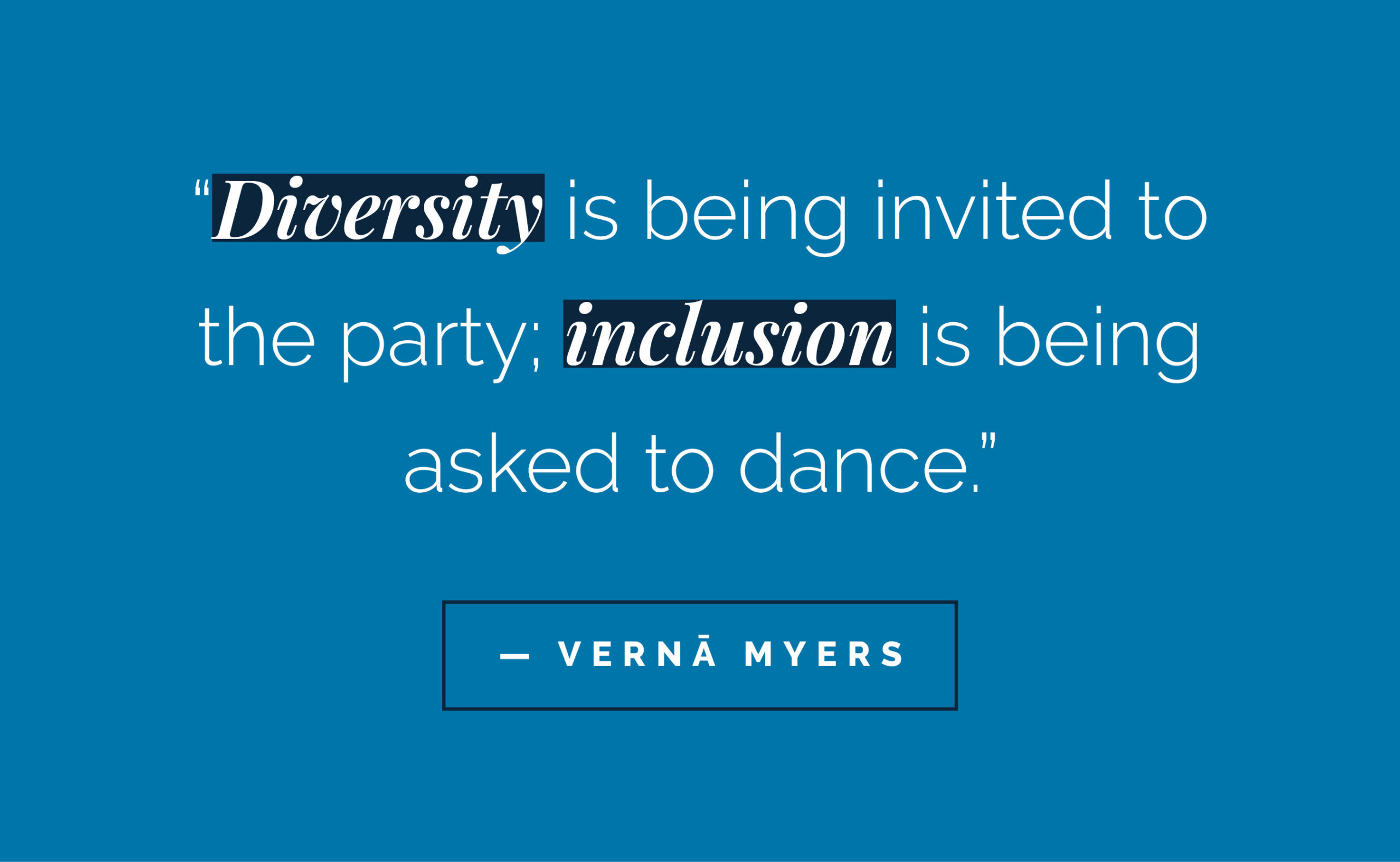Equity is The [Essential] Long Game
If diversity is a description of a group and inclusion describes a group that is valued and engaged at work, equity is a systems-level approach that organizations use to give every employee access to opportunities. Bolger writes, “Equity is giving people the support they need to succeed.”
A true equity goal is rooted in strengths-based leadership that acknowledges every employee has a different set of advantages and barriers outside of their control that affect their career and advancement opportunities. For example, Bolger writes that studies have found that job candidates with “white sounding names,” such as Greg and Emily, were 50% more likely to receive a call back than candidates with “African-American-sounding names,” such as Lakisha and Jamal. In another example, women with resumes and criteria that matched male candidates were deemed less competent, less deserving of a job, offered less career mentoring and offered a lower starting salary.
The most important first step in equity work comes with getting curious about such advantages that exist for some people — and become barriers for others. From there, leaders can begin to examine how systems and processes affect individuals and target areas for improvement.
When organizations and their leaders begin to unpack bias and get curious about employee experience, the gains benefit all. And when a diverse team of talented employees is engaged, their skills and perspectives can be leveraged most completely to serve your customers, clients and community. And as Page reminds us, diversity bonuses matter in a knowledge economy. As challenges become more complex, the more diverse perspectives are required to find innovative solutions. Diversity, inclusion and equity matter.
